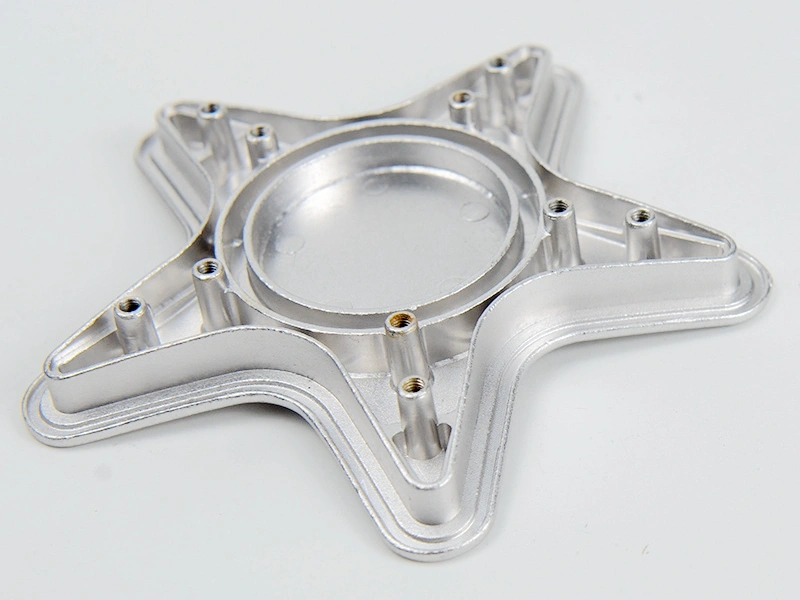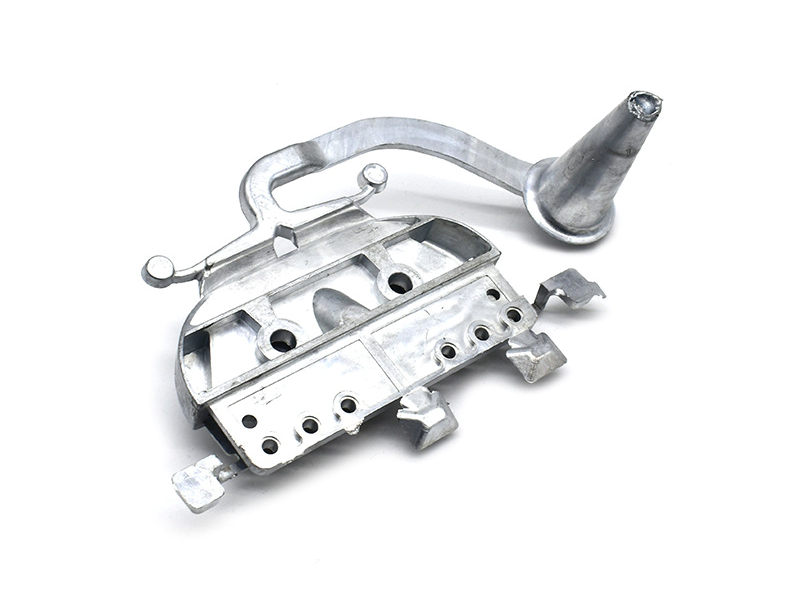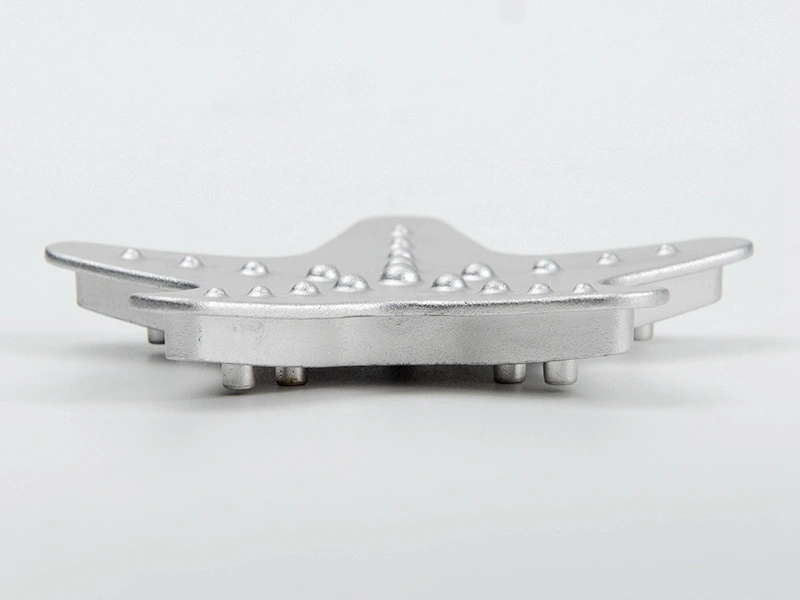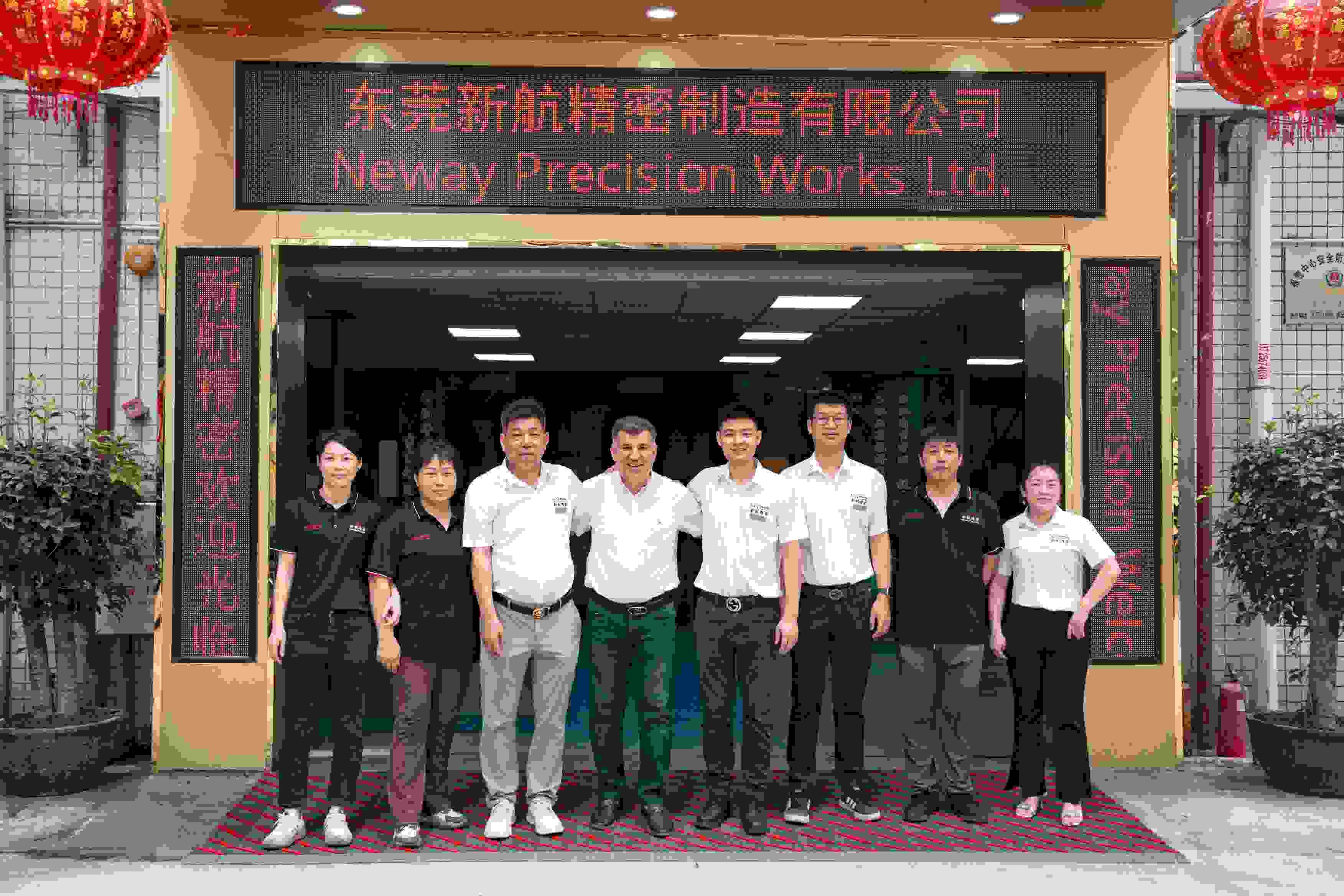Can zinc die cast parts be used in high-temperature environments?
Can Zinc Die Cast Parts Be Used in High-Temperature Environments?
Temperature Limitations of Zinc Alloys
Zinc die cast alloys, such as Zamak 3 and Zamak 5, have practical temperature limitations due to zinc's relatively low melting point (approximately 419°C or 786°F). Industry standards, including ASTM B86, indicate that zinc alloys maintain their optimal mechanical properties typically up to around 120°C (248°F). Continuous exposure beyond this range can result in significant loss of strength, dimensional instability, and potential deformation.
Recommended Temperature Usage
For applications that consistently exceed 120°C, zinc alloys may not be the most suitable material choice. Short-term intermittent exposure can occasionally reach up to approximately 150°C (302°F), but prolonged operation at this temperature negatively impacts mechanical performance and structural integrity.
Alternative Material Options
When high-temperature performance is critical, alternative alloys and materials provide superior thermal resistance:
Aluminum Alloys: Materials like A380 and ADC12 offer effective mechanical stability and thermal performance, suitable up to approximately 200°C (392°F).
Copper Alloys: Brass 380 and Aluminum Bronze C95400 maintain strength and structural integrity at higher temperatures, often exceeding 250°C (482°F).
Improving Zinc Alloy Performance
If zinc alloys must be used in moderately elevated temperature scenarios, employing certain post-processing techniques can mitigate some heat-related issues:
Surface Coatings: Powder coating or specialized thermal barriers can slightly enhance thermal resistance and corrosion protection.
Design Optimization: Leveraging our Die Casting Engineering Service, components can be structurally optimized to minimize thermal stress.
Recommended Die Casting and Related Services
For customers considering materials suitable for high-temperature applications, we recommend:
High-Temperature Material Casting
Aluminum Die Casting: Ideal for applications requiring moderate thermal resistance.
Copper Die Casting: High-strength solutions suitable for elevated temperatures.
Comprehensive Post-Processing Solutions
Anodizing: Enhances corrosion resistance and surface hardness for aluminum components.
Post Machining: Ensures precision and dimensional stability under thermal loads.
Design and Prototyping Support
Rapid Prototyping: Quick validation of component performance under intended thermal conditions.
Our integrated one-stop die casting service provides expert guidance on material selection and processing techniques to ensure optimal performance in high-temperature environments.



